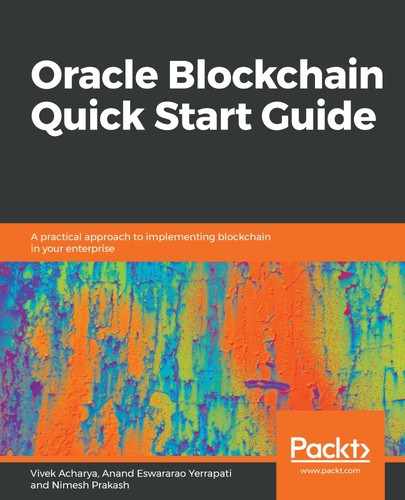Now, every enterprise needs a blockchain solution and, at the same time, every enterprise needs a blockchain solution based on the use case. Hence, the core of identifying whether a blockchain solution is required by an enterprise is based on the use case that it is trying to address.
Now, let's list the factors that an enterprise should consider before evaluating blockchain:
- Is there a need for a common shared database?
- For a business process, do the participating parties have a lack of trust?
- Is more than one party involved in committing to a database?
- Are third parties or middlemen involved in the business processes?
- Does the business process data exist in multiple databases?
- Is there a need for the immutability of data or a log/history of transactions?
- Is the transaction frequency in the region of 10,000 transactions per second?
- Are the transaction rules changing infrequently? (Rules authored in blockchain are pre-set and, once deployed and initiated, chaincode will not change routes based on new rules). As everything on blockchain is deterministic, rule-changing applications are frequently not the right candidate for blockchain).
- Does the process not store a lot of static data?
- Does the process not have a lot of data? (As the data is replicated, a significantly larger set of data replication to all the nodes is not an efficient use case for blockchain).
- Is there not any need to retrieve data from external sources?
If the answer to any of the preceding questions is yes, then blockchain is the solution for the enterprise use case. Also, if there is a need for transactions to be public, then the enterprise use case requires a permissionless blockchain solution, or else it requires a permissioned blockchain solution, such as HLF.
